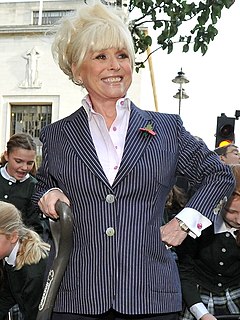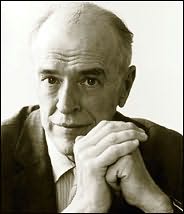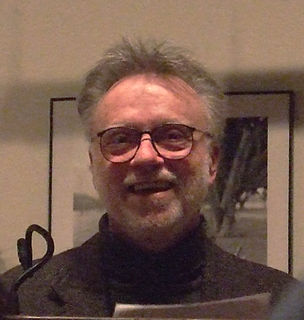A Quote by Jane Austen
Elinor could sit still no longer. She almost ran out of the room, and as soon as the door was closed, burst into tears of joy, which at first she thought would never cease.
Related Quotes
She looked at him then, but his image blurred behind tears that swelled into her eyes. She must leave. She must leave this room, because she wanted to hit him, as she had sworn she never would do. She wanted to cause him pain for taking a place in her heart that she wouldn't have given him if she'd known the truth. "You lied to me," she said. She turned and ran from the room.
She tried to explain the real state of the case to her sister. "I do not attempt to deny," said she, "that I think very highly of him--that I greatly esteem, that I like him." Marianne here burst with forth with indignation: "Esteem him! Like him! Cold-hearted Elinor. Oh! worse than cold-hearted! Ashamed of being otherwise. Use those words again, and I will leave the room this moment." Elinor could not help laughing. "Excuse me," said she, "and be assured that I meant no offence to you, by speaking, in so quiet a way, of my own feelings.
And there she was, alone and walking out in the cornfield while everyone else I cared for sat together in one room. She would always feel me and think of me. I could see that, but there was no longer anything I could do. Ruth had been a girl haunted and now she would be a woman haunted. First by accident and now by choice. All of it, the story of my life and death, was hers if she chose tot ell it, even to one person at a time.
Violet said nothing, though big pearly tears, like a child's, trembled at her lashes. She suddenly missed John very much. Into him she could pour all the inarticulate perceptions, all the knowings and unknowings she felt, which, though he couldn't understand them really, he would receive reverently, and out of him would come then the advice, the warnings, the clever decisions she could never have made.
She had this dark cancer water dripping out of her chest. Eyes closed. Intubated. But her hand was still her hand, still warm and the nails painted this almost black dark blue and I just held her hand and tried to imagine the world without us and for about one second I was a good enough person to hope she died so she would never know that I was going, too. But then I wanted more time so we could fall in love. I got my wish, I suppose. I left my scar.
One open, one closed. It was no wonder that the first image that came to mind when I thought of either of my sisters was a door. With Kirsten, it was the front one to our house, through which she was always coming in or out, usually in mid-sentence, a gaggle of friends trailing behind her. Whitney’s was the one to her bedroom, which she preferred to keep shut between her and the rest of us, always.
She was humbled, she was grieved; she repented, though she hardly knew of what. She became jealous of his esteem, when she could no longer hope to be benefited by it. She wanted to hear of him, when there seemed the least chance of gaining intelligence. She was convinced that she could have been happy with him, when it was no longer likely they should meet.
"I hate you." My sister said it different than she said it to my dad. She meant it with me.She really did. "I love you," was all I could say in return. "You're a freak, you know that? Everyone says so. They always have." "I'm trying not to be.” Then, I turned around and walked to my room and closed my door and put my head under my pillow and let the quiet put things where they are supposed to be.
Oh,' she said, too bone-weary to pretend: 'I would far rather that I love you as I saw yesterday I do than that I had gone on worshiping you as I did not long since.' And she turned away hastily, and did not see that Little John would reach out to her; and half-running, went to Tuck's cottage, where she could pull on her half-dry clothes, and become a proper outlaw again. At least, she thought, fighting back tears, like this I am Cecil, with a place among friends, and a task to do. I am someone. I wonder if perhaps if I am no longer Cecil, I am no one at all.




































